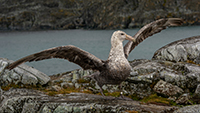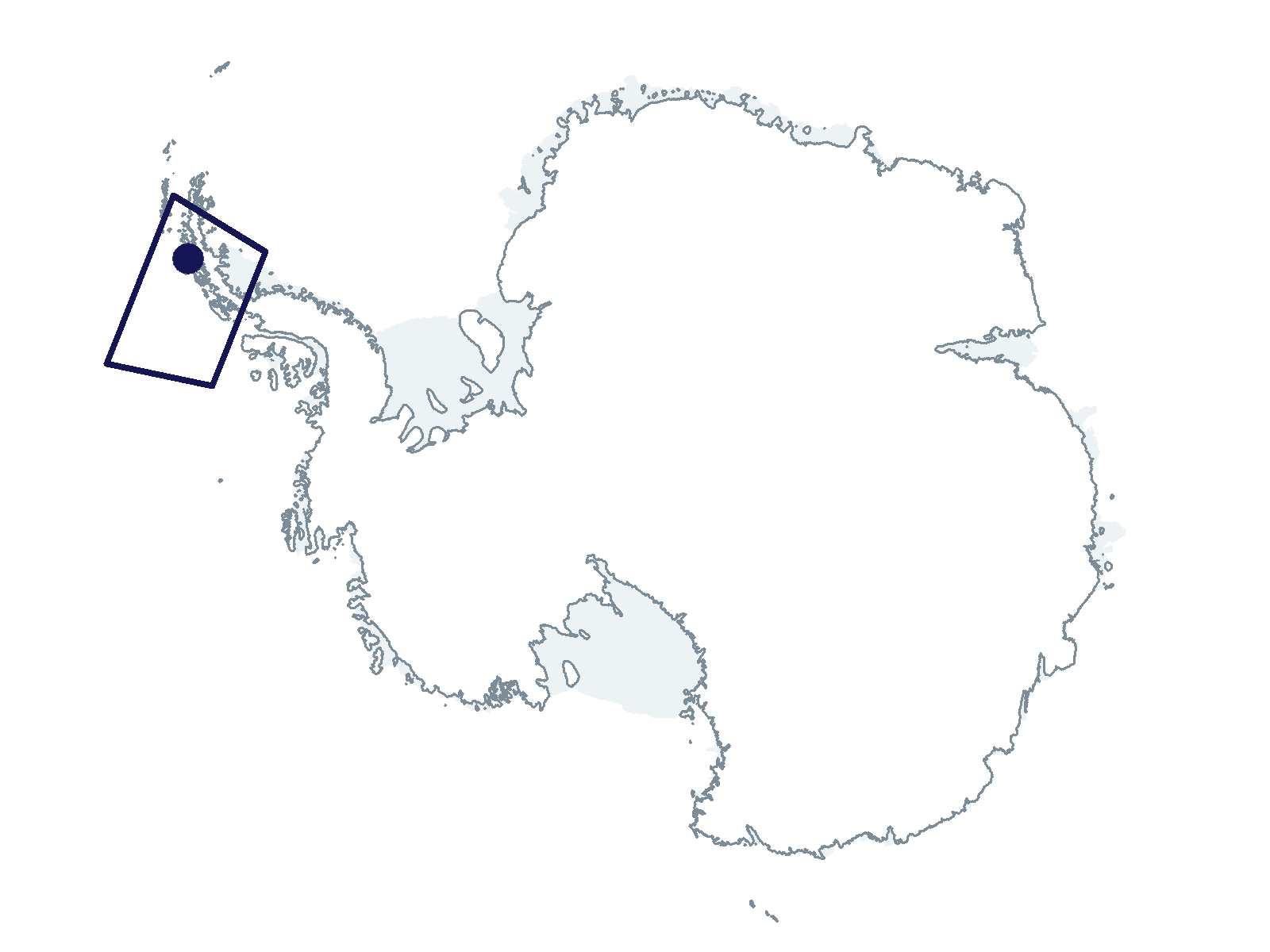2022-2023 USAP Field Season
Project Detail Project TitlePalmer, Antarctica Long-Term Ecological Research (LTER): land-shelf-ocean connectivity, and ecosystem resilience and transformation, in a sea-ice influenced pelagic ecosystem Summary
Event Number:
Program Director:
ASC POC/Implementer: Principal Investigator(s)
Dr. Megan A Cimino
Location
Supporting Stations: ARSV Laurence M. Gould, Palmer Station DescriptionSeasonal sea ice-influenced marine ecosystems at both poles are regions of high productivity concentrated in space and time by local, regional, and remote physical forcing. These polar ecosystems are among the most rapidly changing on Earth. The Palmer Long Term Ecological Research (PAL-LTER) project seeks to build on three decades of long-term research along the West Antarctic Peninsula (WAP) to gain new mechanistic and predictive understanding of ecosystem changes in response to disturbances spanning long-term, decadal, and higher-frequency “pulse” changes driven by a range of processes, including natural climate variability, long-term climate warming, resiliency/recovery in the face of press versus pulse forcing, transformed spatial landscapes, and food-web alterations. We will contribute to fundamental understanding of population and biogeochemical responses for a marine ecosystem experiencing profound change. Field Season OverviewARSV Laurence M. Gould Two participants will embark on the ARSV Laurence M. Gould cruise, boarding the ship in Punta Arenas. The vessel will drop two researchers at Avian Island where they will establish a field camp and conduct research for five days. When onboard and underway, the participants record predator observations from the bridge. Pending weather and sea ice, participants may also conduct population censuses at Charcot Island, the Fish Islands, Armstrong Reef, or at other accessible islands of interest along the WAP as possible. In the event of high sea ice, we also request to diet sample penguins on sea ice (this is a common approach, typically done during winter surveys). Diet samples from penguins are one of our main long-term time series measurements that we hope to maintain this year. Palmer Station Three to four team members will live at Palmer Station while conducting their field research. The team will use small boats to access local islands in the station's vicinity and will make frequent day trips to seabird colonies in the local, distant, and extended boating areas including Dream Island, Biscoe Point, the Joubin Islands, the Wauwermans Islands, and the Rosenthal Islands. The team will utilize camp platforms that are already in place on Biscoe Point for overnight camping during egg incubation and the peak of the breeding season for penguin tag recovery. These platforms will also be used in the event that a field camp is needed. Overnight camping has been approved as a contingency plan at the Joubins and Dream Islands. Deploying Team Members
|
2022-2023 Science Planning Summary



For USAP Participants |
For The Public |
For Researchers and EducatorsContact UsU.S. National Science FoundationOffice of Polar Programs Geosciences Directorate 2415 Eisenhower Avenue, Suite W7100 Alexandria, VA 22314 Sign up for the NSF Office of Polar Programs newsletter and events. Feedback Form |



